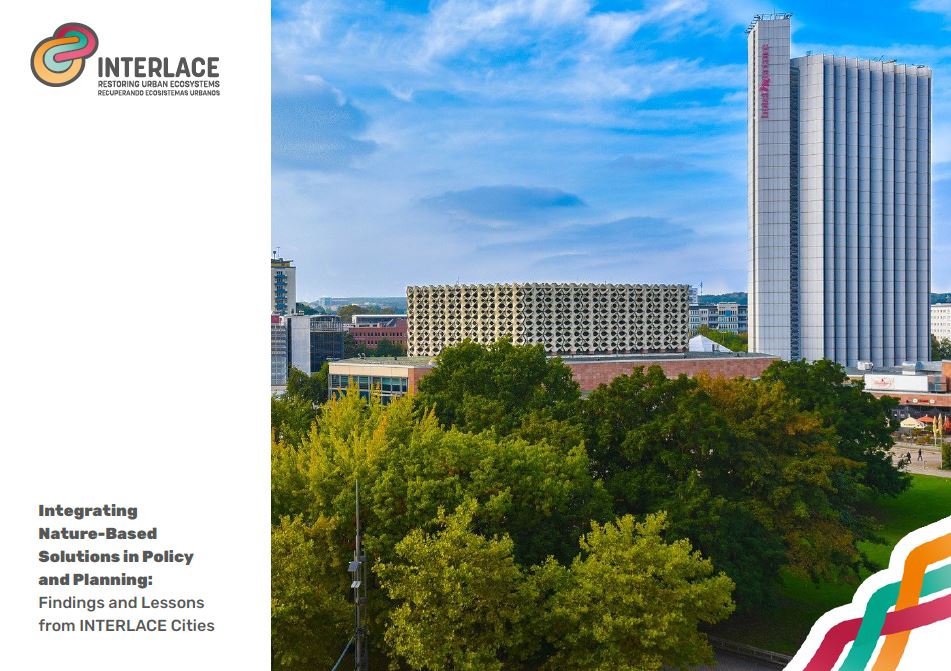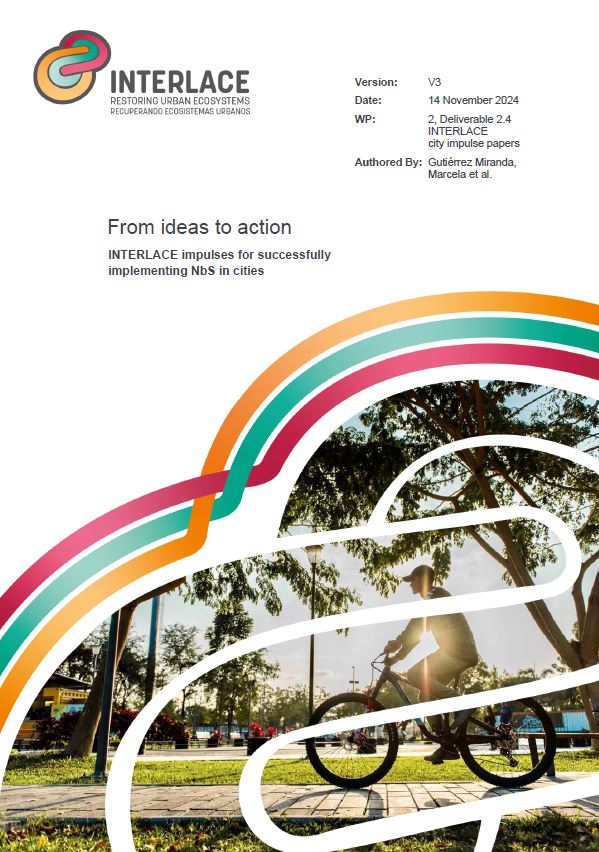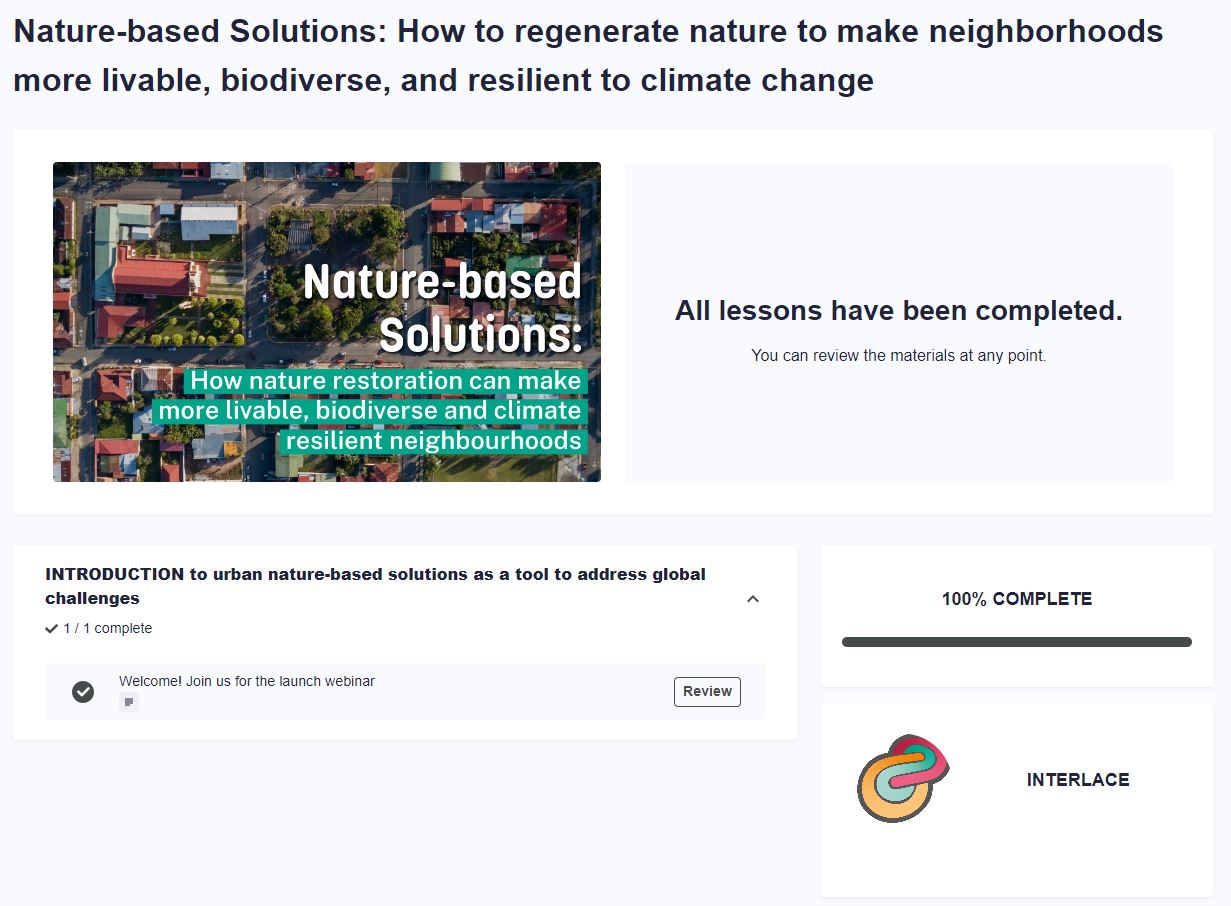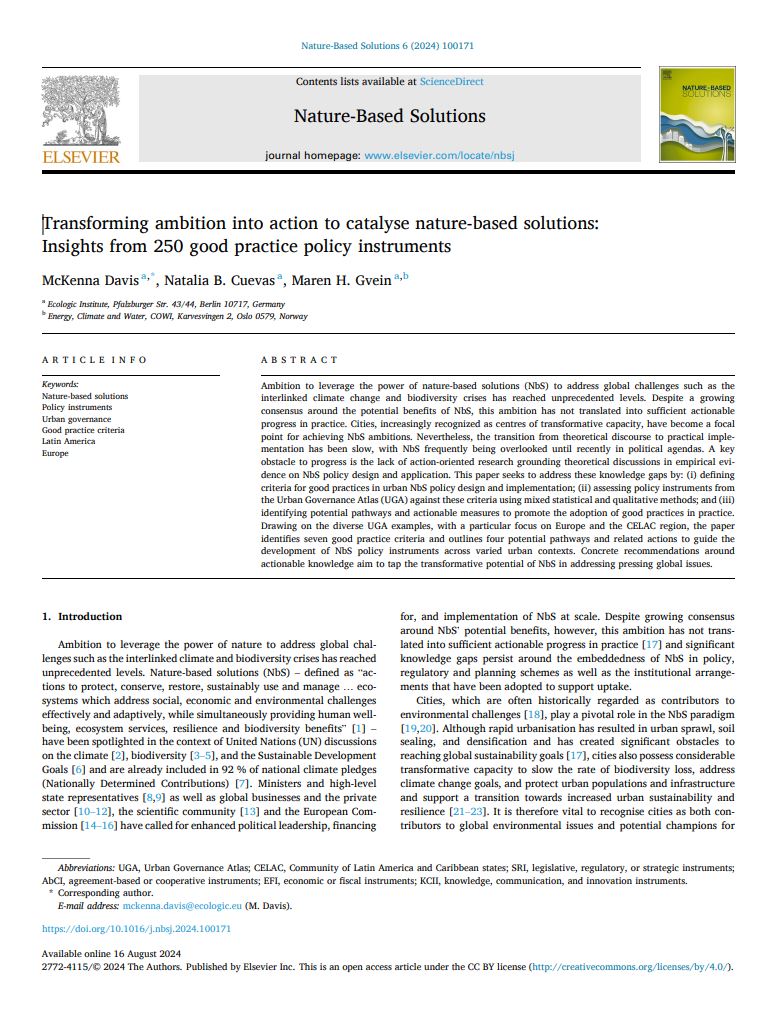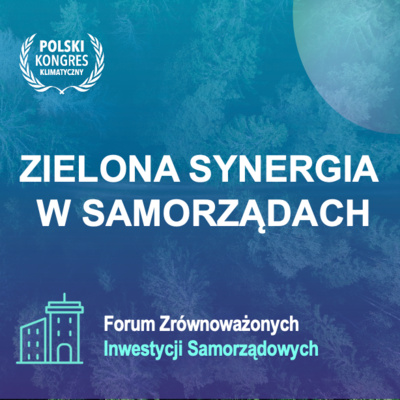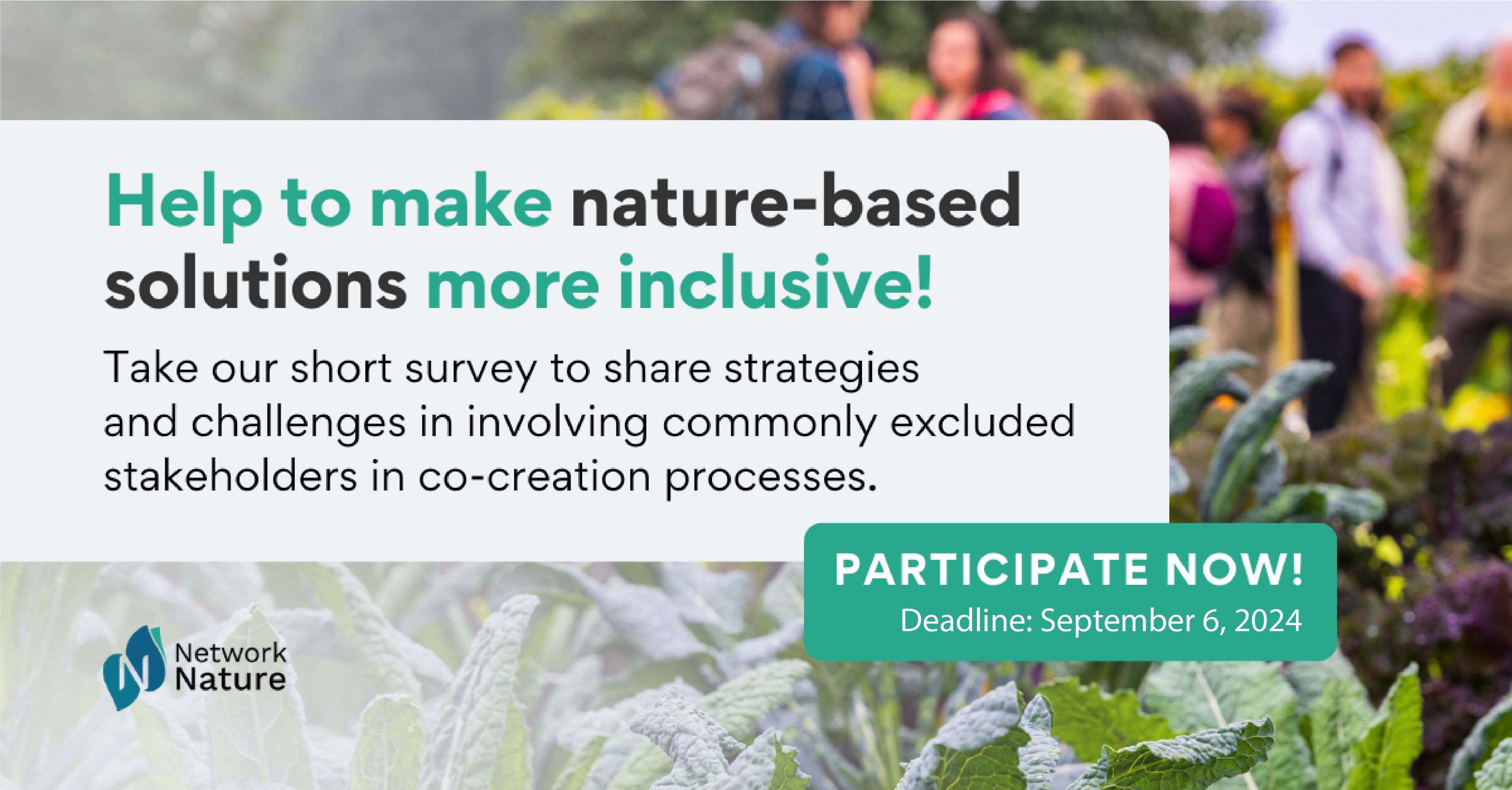Exploring the Impact of Urban Governance Practices on Nature-based Solutions
A cross-sectional analysis of policy instrumentalization and implementation Pathways
- Presentation
- Date
-
- Location
- London, United Kingdom
- Panel discussion
-
Malek Al Jebaie (Lund University)
On 7 June 2023, Malek Al Jebaie presented the findings of a joint research investigation conducted by Ecologic Institute, supervised by McKenna Davis, and the International Institute of Industrial Environmental Economics at Lund University at the Ecocity World Summit in London at the Barbican Centre.
The presentation primarily focused on the key trends and patterns observed in 151 European cases from the Urban Governance Atlas, whose development was coordinated by Ecologic Institute within the INTERLACE project. Malek specifically highlighted the governance, participation, and financing trends related to policy instruments. Regarding governance, the presentation discussed the role of local governments in developing these instruments, the utilization of multi-level governance instruments in these cases through vertical collaborations across different scales of government, as well as horizontal collaborations among agencies, departments, and sectors. The public's participation in developing these policy instruments based on the public ladder of engagement was also addressed. Additionally, the presentation explored financing models and sources for these instruments, highlighting six key actions learned from the 29 Economic and Fiscal Instruments in Europe.
During the panel discussion, the participants focused on the role of co-creation in developing nature-based solutions for the future of our cities. Modalities such as garden cities and green neighborhoods implementation were specifically mentioned. The discussion also touched upon current research and future directions for co-creation in building resilient and healthier cities through urban NBS. The audience emphasized the Atlas's potential as a catalyst and learning tool, enabling knowledge and experience exchange among experts and facilitating city-to-city learning for mainstreaming nature-based solution interventions and ensuring their long-term sustainability by institutionalizing them in local policy development.





